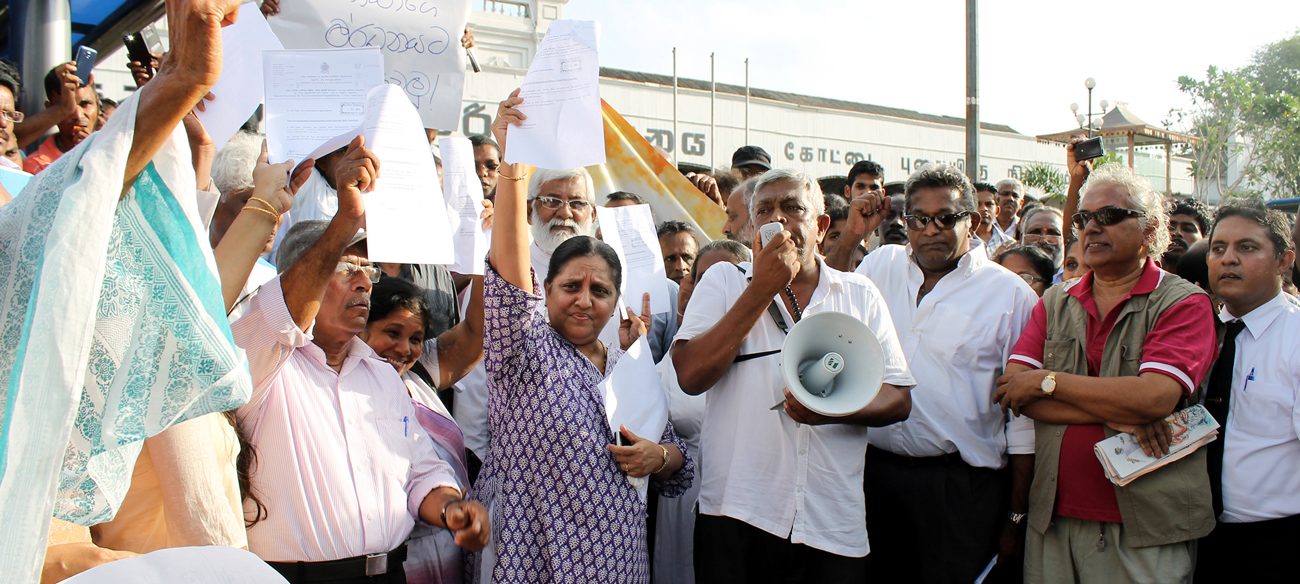Civil Society and Peacebuilding
Civil society is seen as an important actor in peace processes. As such, substantive efforts have been devoted towards building and strengthening it. However, little systematic evidence-based research existed previously to support these assumptions empirically, and provide policy-makers and practitioners with better knowledge about whether, how, when, and under what circumstances civil society can fulfil a peace support role or not.
The Civil Society and Peacebuilding research project (2006–2010) identified seven peacebuilding functions civil society can potentially fulfil. The research project analysed both the relevance of civil society activities within its conflict contexts, and how effective or ineffective such activities are in supporting peace processes.
Methodology
The analysis was conducted with regard to four different conflict phases: war, armed conflict, windows of opportunity for peace negotiations, and post-large-scale violence.
The civil society functions analysed were:
- Protection of citizens against violence from all parties
- Monitoring of human rights violations, the implementation of peace agreements, etc.
- Advocacy for peace and human rights
- Socialisation to values of peace and democracy as well as to develop in-group identity of marginalised groups, often via peace education
- Inter-group social cohesion: bringing people together from adversarial groups, often in dialogue projects
- Facilitation of dialogue at the local and national level between all kinds of actors
- Service delivery to create entry points for peacebuilding, i.e. for the six functions listed above
Key findings
- The impetus for peace comes from political actors, mostly conflict parties.
- Civil society plays an important supportive role.
- The practical relevance of different civil society functions varies in different phases of the conflict.
- There is a mismatch between the relevance of functions and the frequency with which these are actually performed and supported.
- Even relevant functions do not always have optimal impact due to design and context factors.
- Key context factors include the behaviour of the state, level of violence, role of the media, composition of civil society, and involvement of regional and international political actors and donors.
- Donors should consider what civil society actors and functions are appropriate in a given context, and link operational with political support in order to increase impact.
Book,
Civil Society and Peacebuilding: A Critical Assessment
This collected volume identifies the functions of Civil Society in peacebuilding. A comprehensive analytical framework is applied to 11 country cases, allowing for comparative analysis and providing a new tool for further research.
January 2010Thania Paffenholz,
Briefing Note,
Civil Society in Peace Processes at a Glance
This briefing note provides an overview of Civil Society’s role in peace processes. It covers the nature of Civil Society, it’s various peacebuilding functions as well as relevant factors of influence.
April 2016IPTI,
Paper,
Civil Society and Peacebuilding: Summary of Results from a Comparative Research Project
This paper summarises the results of a comparative research project on Civil Society’s possible functions in peacebuilding and peace processes. The project was conducted over a period of three years and includes 13 case studies.
February 2009Thania Paffenholz,
Report,
Civil Society’s Role in Monitoring and Verifying Peace Agreements: Seven Lessons from International Experiences
This report summarises the findings of two comprehensive research projects. It formulates seven lessons from international experience on Civil Society’s role in monitoring and verification in peace processes.
January 2017Nick Ross,
Report,
Civil Society & Inclusive Peace: Key insights and lessons from a global consultation convened on Peace Insight
This report shares key insights and lessons from a series of global consultations with civil society peacebuilders. It highlights the importance of inclusion in peacebuilding theory and discusses obstacles when it comes to practical implementation.
February 2019Peace Direct, IPTI,



